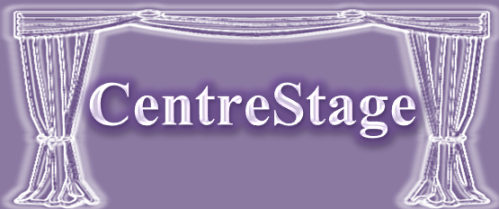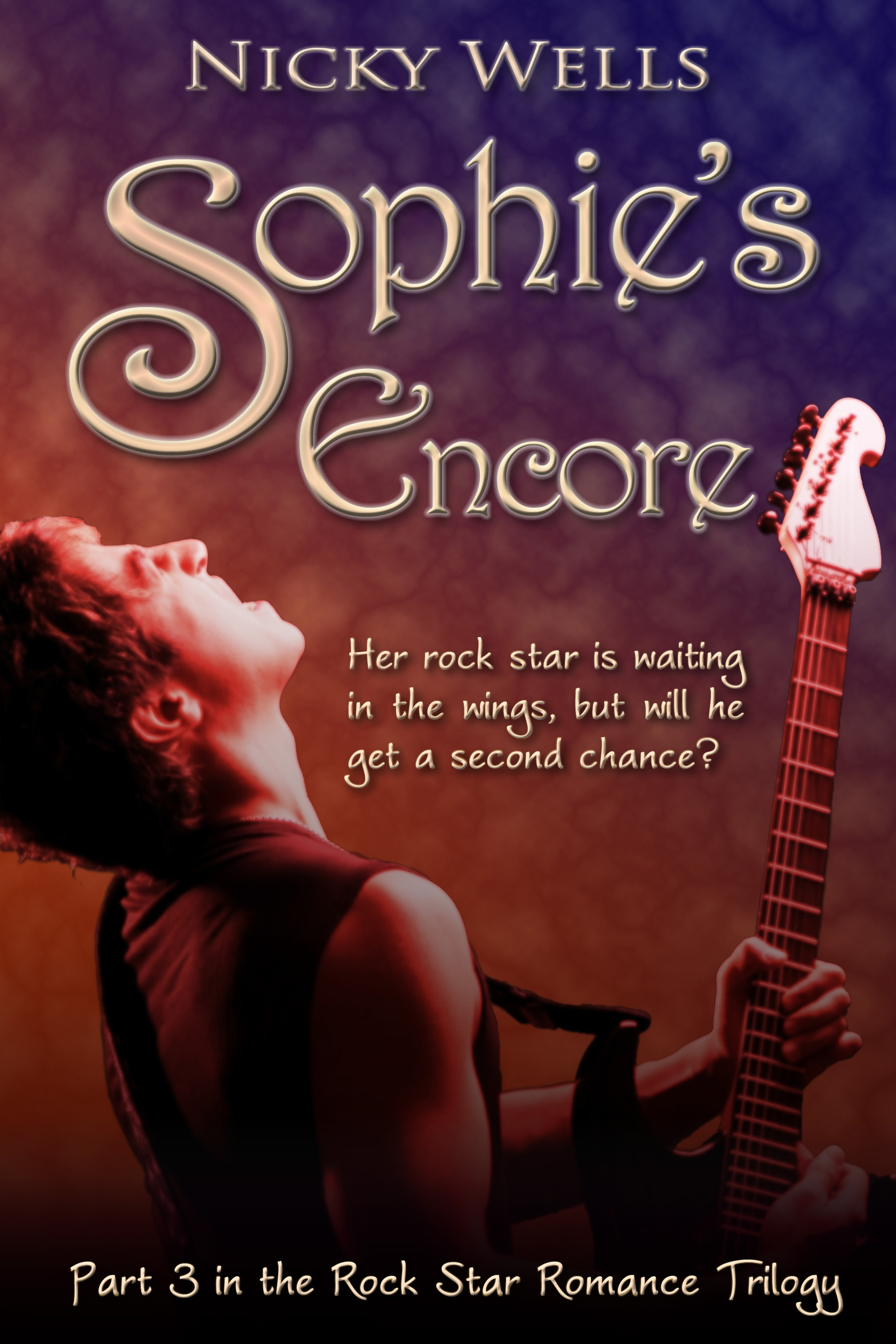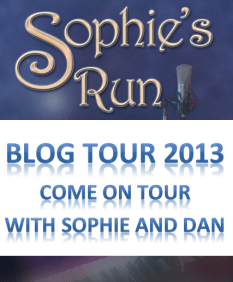Welcome to CentreStage!
CentreStage showcases fabulous authors from around the world. These authors might tell you about their writing, their lives, their inspiration or… their love for the underdog! Today, it is my great pleasure to welcome the fabulous Libby Mercer! Libby and I met on Facebook (or was it Twitter?) and we got chatting.
Libby has just launched her latest novel, Unmasking Maya, and to celebrate, she she talks about her unconditional love for Chick Lit. Take it away, Libby!
Wake up to the new Chick Lit: Complex characters, plot twists and darker, deeper themes…
I’m proud to call myself a chick lit author, and I feel honored to fly the chick lit flag. What’s more, I have no problem with the term “chick lit”. It’s cute, it’s catchy and it’s fun. Much like the books are. Okay, so deep down I have a slight problem with the term. As Bethanne Patrick pointed out in an article on The Huffington Post, “it’s an infantilization.” This is true. But one must choose one’s battles and I feel this is something I can live with. If I took offense at the term “chick lit” I’d have to object any time my peers (women in their thirties) mention “getting together with the girls”.
What I do have a problem with is people’s misconceptions about the genre – and I’m referring not only the general public here, but to agents and editors as well. For years before I was published, I spent a great deal of time on writers’ websites and can’t count the number of times I read a post warning aspiring authors not to use the term when approaching agents or editors. “The kiss of death” it was called. “Call it contemporary women’s fiction instead,” people advised.
In one case I know of, an editor was hell-bent on eliminating all chick lit elements in a manuscript and replacing them with standard romantic elements. When the author said it was her intention was to brand herself as an author of chick lit/romance hybrids, the editor responded by saying, “Chick lit is a derogatory term… (It’s not) as well written as women’s fiction. So I’m not sure why you think following a chick lit formula is good writing, unless all you want to do with your career – if you plan to have one – is copy other authors who are already marginalized.”
Marginalized? Really? Jennifer Weiner has over 11 million copies of her books in print in 36 countries. Sophie Kinsella passed the 5 million sales mark back in 2010 and currently has just under 415,000 “likers” on Facebook, including me. It seems clear that there is a substantial audience out there for stories about fun, modern young women, and I can’t for the life of me figure out why the publishing industry is so reluctant to capitalize off of it.
I fully believe the already considerable audience could be much wider if it weren’t for the public’s misconceptions. I recently spent a couple of hours on Goodreads, going through reviews of books in the chick lit genre, and I came across several reviews that included statements such as: “For a chick lit novel, this was surprisingly intelligent” or “I can’t believe this is really a chick lit novel because it actually has a cohesive plot.” It seems to me that most people still think chick lit is all about cocktails and stilettos, when it’s long since evolved to include complex characters, plot twists and darker, deeper themes. And the characters are rarely obsessed with material goods these days. Well… except for Becky Bloomwood, everyone’s favorite Shopaholic.
Another thing that irks me to no end is the tendency to lump every book written by a woman (apart from obvious literary works by authors such as Margaret Atwood) into the chick lit genre. I’ve recently read articles by reputable book reviewers who have cited both The Help and Fifty Shades of Grey as being examples of chick lit books. Are you kidding me? And I cannot begin to understand why no one apart from me seems to have a problem with Marian Keyes being classified as a chick lit author. Her books are deeply moving, intense, dark and haunting. I read chick lit to fulfil my need for light-hearted escapism. I read Ms. Keyes’s novels to go on an emotional roller coaster ride, fully prepared to stay up all night to finish them and feel raw afterwards. And she writes chick lit? Really?
I hate to say it, but I think all these issues surrounding the chick lit genre come down to good old-fashioned sexism. Why else would Janet Evanovich’s Stephanie Plum series not be shelved in the same section of the bookstore as John Grisham’s novels?
Sarah Sentilles wrote a fascinating article for Harvard’s Divinity School newsletter in which she states, “Genres are gendered, a practice fuelled by the perception that women’s writing is essentially different than men’s. It seems, for example, to be common practice to call memoirs about religion by women “spiritual memoirs” and memoirs about religion by men “books about religion” or “searches for meaning”.
Jennifer Weiner – who is totally our genre’s Che Guevara – put it well when she said, “I think it’s a very old and deep-seated double standard that holds that when a man writes about family and feelings, it’s literature with a capital L, but when a woman considers the same topics, it’s romance, or a beach book – in short, it’s something unworthy of a serious critic’s attention.”
And speaking of the critics…
Feminist, author and journalist, Lakshmi Chaudhry, wrote, “Unlike the gods of the literary establishment who remain predominantly male – both as writers and critics – their humble readers are overwhelmingly female.” Overwhelmingly is right. According to surveys conducted in the US, Canada and Britain, women account for a whopping 80% of the fiction market. Isn’t that amazing?
In a perfect world, books in the same genre by both male and female authors would be shelved together. You’d be able to find both John Grisham and Janet Evanovich in mystery/thrillers. Sophie Kinsella would be shelved in the comedic section along with P. G. Woodhouse. And Marian Keyes would sit just down the aisle from Yann Martel in the literary section.
Failing that, we could always work on popularizing the term “dick lit”. Calling these books “lad lit” is weak. Let’s work on phasing it out. Like “chick lit”, the term “dick lit” is cute, it’s catchy and it’s fun. And it’s also a little naughty – more fun! It’s not as if there aren’t any books and authors out there who would fit beautifully into this category. To help you understand what I’m envisioning, I have to share this quote I found written by review blogger, Jodi Chromey. She says, “Dick lit [is] like chick lit but with rock & roll instead of shoes.”
Nick Hornby is the obviously the quintessential dick lit author, but also Mike Gayle and Joshua Braff have written several books that would fit perfectly into the genre. Dominic Knight’s Disco Boy would be another candidate for ultimate dick lit reads, as would Rudolph Delson’s Maynard and Jennica. All of these books deal with issues that the modern man faces in his career, family, friendship and love relationships, often told in a comedic or light-hearted voice. Sound familiar?
It may be unrealistic to expect women to have more of an influence on how the publishing industry is run (although it shouldn’t be. Hello? 80%) but we can start by using the term “dick lit” whenever and wherever it applies. After all, what’s good for the goose is good for the gander.
About Libby Mercer
Born and raised in the Midwest, Libby Mercer’s adventurous spirit kicked in after graduating from high school, and she’s since lived in Boston, NYC and London. San Francisco is the city she currently calls home. For several years, Libby worked in fashion – first as a journalist and then as a shopkeeper. She also dabbled in design for a while. Even through the crazy fashion years, Libby never let go of her dream of being a published author, and has since developed her signature writing style, crafting quirky chick lit/romance hybrids. Fashioning a Romance was her first published novel, and Unmasking Maya will be her second. Libby has a third novel, The Karmic Connection, scheduled for release in 2013.
Visit Libby on her blog, on Goodreads, Twitter or Facebook. Libby has an author page on Amazon, and you can find Fashioning A Romance there too!
Stop press!
News has just come in that Unmasking Maya is now available to download! Get your copy on Amazon.com or Amazon.co.uk ~ hooray!!
~~~~~~~~~~~~~~~~~~~~~~~~
Nicky claps loudly: GREAT POST, thank you! Thought-provoking, inspiring and attention-grabbing. Well done, I couldn’t have said it better myself. And now, dear reader, over to you…












Great post, and I agree 100% – particularly about the sexism in genres. My novel, Can’t Live Without is chick lit through and through, but I’ve also had people commenting that it’s too well written to be chick lit (!) and surprise that I’m happy to have it categorised as such. Well, I am. I think the new wave of chick lit, with darker themes and a more edgy tone, is a great place to be right now, and I’m in great company.
Hear, hear! Jo, I am *so* glad you stopped by and commented, thank you! Spread the word and let’s get the debate going. Hooray for New Chick Lit!!!
Thanks so much! I read reviews of chick lit novels so often that say something similar: this is really good – for a chick lit novel. etc. It really is a fantastic place to be though, as an author. 🙂
Hi honey
I’ve nominated you for Blog Of The Year 2012
Hope you decide to accept
Xx
Whoop, awesome: thank you!! I will hop over as soon as I can and take a look. *blush* I am totally honoured! Just in the middle of cooking a mini-Christmas dinner for the parts of the family we won’t see over the hols, but I’ll stop by as soon as I can. Thank you, Vikki!!!
Congrats, Nicky!!
Posting tomorrow (Thursday 20 Dec) watch out for the pingback and HUGE thank you! XX
Very interesting debate – and yes, the world needs to catch on that chick lit has evolved and is still very much in demand. Tastes are many and varied, there’s room for every kind of literature out there. Thanks girls! xxx
Hi Shani, thank you So much, I bet Libby will be massively pleased that you agree to totally and enjoyed her post. Let’s get the word out! Thank for visiting and commenting, rock on! XXX 🙂
I most certainly am! This is so true – chick lit is nothing like it used to be. Not that there’s anything wrong with what it used to be. To each her own. I don’t know why people have to be so judgemental. Anyhow, thanks for posting! xxx
I can’t wait to read this!!!
Whooop! Thanks for visiting, Lindy, and it sounds like a fab read!!
Aw, thanks Lindy!!!
What an excellent post! Smash the misconception! I love chick lit with an edge. And having been one of Libby’s readers, I adored “Unmasking Maya.” Yay!!!
Hey Martha, thank you so much for visiting and for your fabulous comment. I have ‘Unmasking Maya’ on my Kindle and can’t wait to get reading. As for smashing misconceptions… let’s go for it, spread the word! 🙂 xx
Aw, Nicky, thank you so much! I hope you enjoy Maya. 🙂 xx
Thanks Martha! I’m so inspired to let the world know what chick lit has evolved into! And thanks so much for your kind words about Maya. You know, you were so helpful with your comments. 🙂 Psst – you’re on the acknowledgments page. Twice actually!
I prefer the term ‘fem lit’. I picked it up somewhere and have always liked it. It’s just that the word ‘chick’ is a bet demeaning I guess….
Hi Maria! Nice idea, fem lit! Although I don’t mind ‘chick.’ We’re all chicks over here in the UK, I don’t think it’s demeaning in that context any more. 🙂 Thanks for visiting and commenting. 🙂 xx
Ah, that’s an interesting concept, fem lit. Kind of brings to mind more serious fiction, though, for me. Even though the genre is more complex, twisty, deeper and darker, it’s still fun and lighthearted for the most part. I’ll have to ponder that one, though. Thanks Maria!
I agree with you on Marian Keyes and the misappopriated Chick Lit tag. So bloody lazy. Her books lately have been v.edgy. I’ve got a very long overdue blogpost to write about the lady myself! The covers don’t help though.
To me, Chick Lit is modern contemporary romantic fiction and it can be written by men and women.. And there’s nothing wrong with that. My favourite writer is Poppy Z Brite, her early work was terrifying, the stuff of nightmares but this morning I finished a Mike Gayle book and loved i, I wanted escapism, hope and an upbeat ending.
But when the industry patronises the genre and thus the people who enjoy it, frankly the best thing to do to practioners of that snobbery is to ignore them. Screw ’em. Don’t let them feel important. The readers certainly aren’t losing any sleep over it judging by chick lit book sales!
Thanks for reading, Yasminselena. Very true about Marian Keyes’s covers. I hear what you’re saying about shaking off the patronizing attitudes too. 🙂
Pingback: The Book Tart | Guest Post by Author Libby Mercer